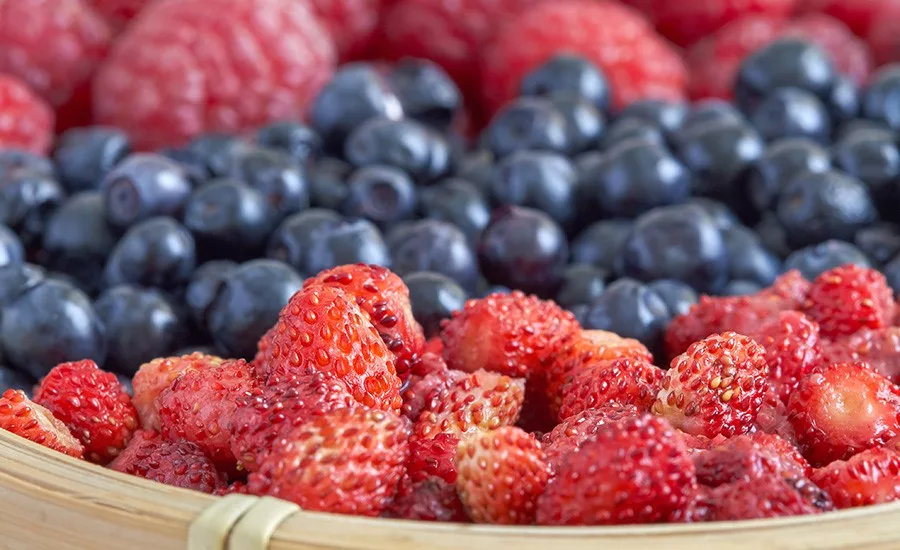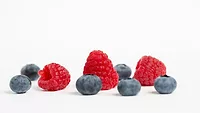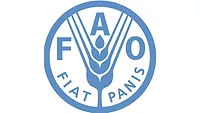Parasites in Norwegian Berries Fuel Call for Better Control

Nedim_B/iStock / Getty Images Plus via Getty images
Berries sold in Norway have tested positive for the parasites Cyclospora, Toxoplasma, and Cryptosporidium, suggesting that better contamination control of fresh berries is needed.
A total of 820 samples of blueberries, strawberries, and raspberries were tested for Echinococcus multilocularis, Toxoplasma gondii, Cyclospora cayetanensis and Cryptosporidium between August 2019 and November 2020. According to a study published in Food Microbiology, the most contaminated were raspberries, followed by strawberries and blueberries. Cryptosporidium was found in strawberries and raspberries, while blueberries were contaminated mainly with Cyclospora. Toxoplasma and Cyclospora were often detected in raspberries. Echinococcus multilocularis was not detected in the samples.
Toxoplasma gondii was detected in 24 tests, Cyclospora in 52 samples and Cryptosporidium in 68 tests. It is important to note that only the parasitic DNA was detected and the intact, infective stages of parasites were not verified. Norway has a short growing season, so many of its berries are imported from overseas. In 2020, the country imported 13,000 tons of fresh berries.
Of the berry samples used in the study, 86 came from domestic fruit while others originated from countries such as Peru, Morocco, Chile, the Netherlands, Portugal, and Poland. Sources of berries contaminated with Toxoplasma included Chile, Poland, Norway, and Zimbabwe. Both Toxoplasma and Cyclospora were detected on berries imported from Portugal, Morocco, Belgium, and the Netherlands. Toxoplasma was detected in a relatively high number of raspberry samples imported from Portugal, which may require an investigation of the farm-to-shipping chain. Cryptosporidium was detected in produce from 11 countries, but the greatest frequency was in Norwegian strawberries.
Norwegians are already advised to boil imported frozen berries for one minute before consumption to kill viruses (e.g., hepatitis A), which can survive freezing temperatures.
Looking for quick answers on food safety topics?
Try Ask FSM, our new smart AI search tool.
Ask FSM →






.webp?t=1721343192)

